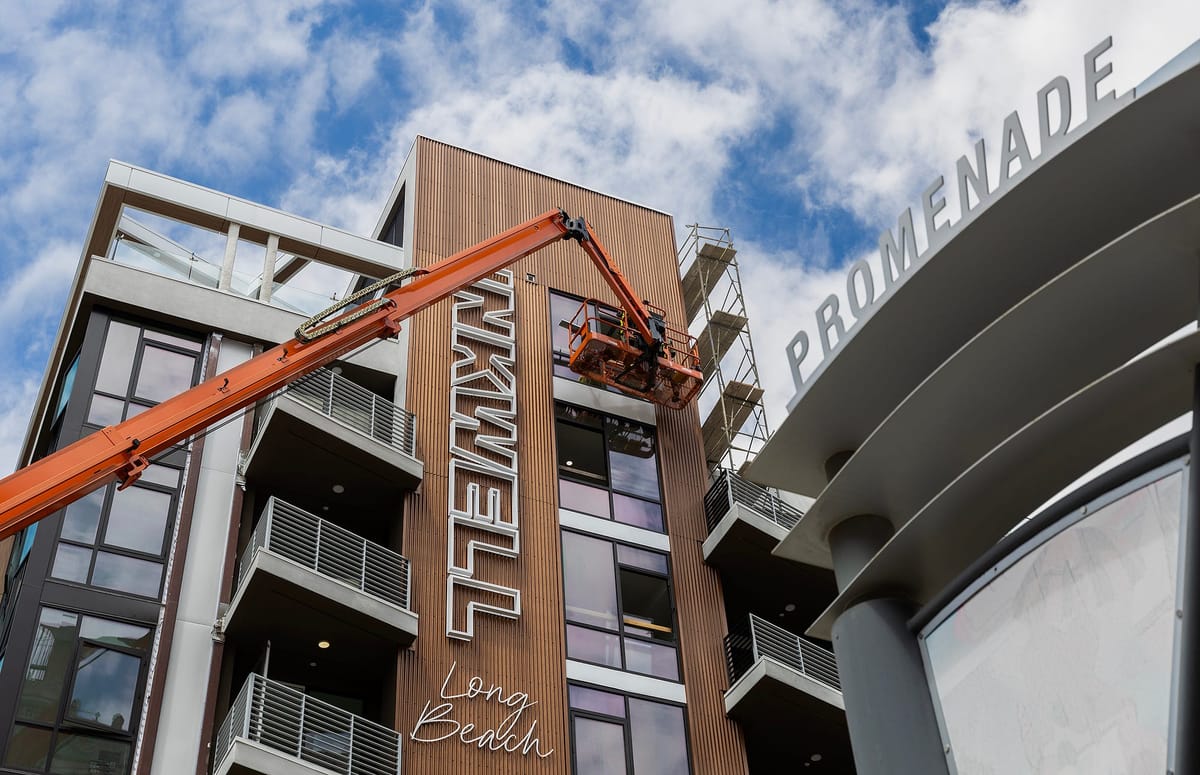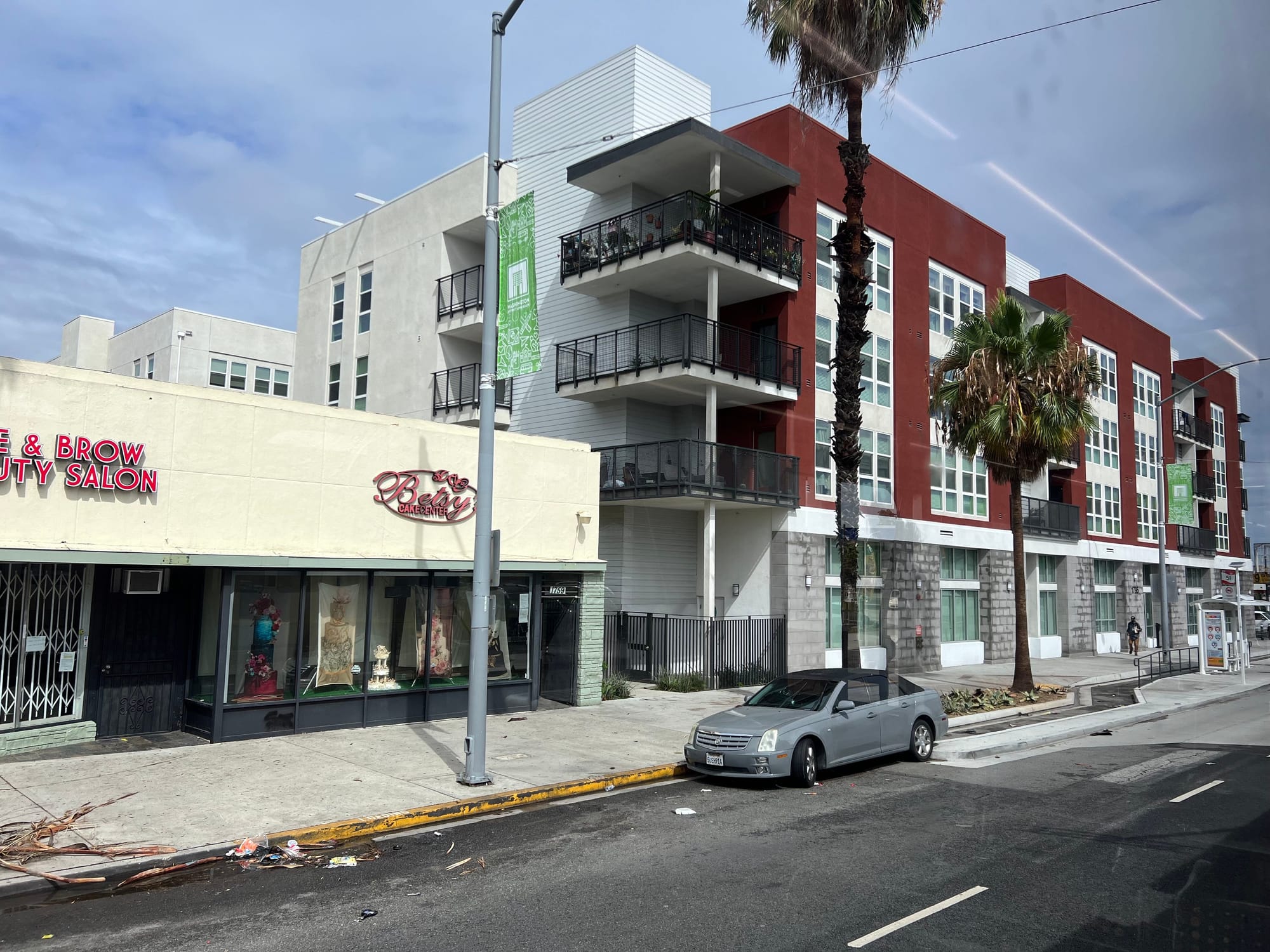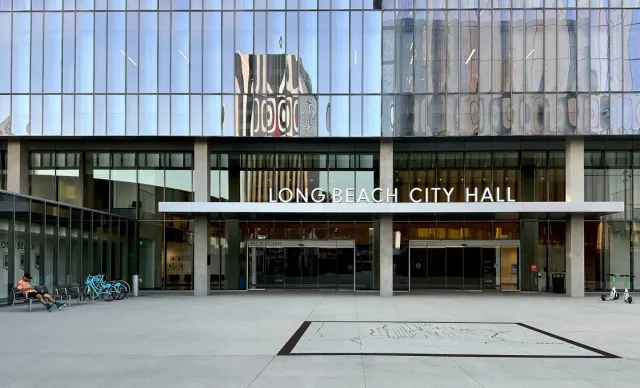Supreme Court ruling allows 'developer fees' to be challenged but effect in Long Beach could be minimal
The ruling will let developers challenge fees charged to support things like public safety, parks and transportation projects but Long Beach already allows appeals.

A Supreme Court ruling earlier this month opened the door for developers in California to challenge local “impact fees” that are tacked onto to projects by local governments to cover costs for services like police, fire and infrastructure, but city officials say the decision could have little effect in Long Beach.
The court ruled impact fees could be unconstitutional if the total amount of the fees is disproportionate to the effect the projects actually have on the city.
Justices issued the ruling on April 12 in a case originating in El Dorado County, where a man sought a building permit for a pre-fabricated home on a parcel of land he owned but was required to pay a $23,420 traffic impact fee.
Become a Watchdog today.
The ruling doesn’t prohibit developers and homeowners from being charged fees in the future, but it would allow them to be challenged if a developer thinks they’re too high.
“Our impact fees are moderate, not high or low, and they do not generally apply to affordable housing developments,” Christopher Koontz, director of the city’s Community Development Department, said in a statement.
“The department already has a comprehensive impact fee update underway and already allows for case-by-case appeals and exceptions consistent with the recent Supreme Court ruling,” Koontz continued. “The ruling may impact other jurisdictions, but we don’t anticipate any impact here in Long Beach.”
The amount of money collected by the city through impact fees varies year to year and depends on how many large projects are being built in the city and how many home renovation projects individual owners carry out. The fees also apply to new commercial spaces like offices, hotels and industrial buildings.
Between October 2016 and October 2023, the city collected $22.1 million in developer fees, according to data provided by Community Development.
The fees go toward supporting the city’s fire and police operations but also ensuring there is proper sewer capacity to support the new homes and that there are adequate transportation and open space options for nearby residents.
A new single-family home development requires $4,613 per unit for the parks and recreation fee and a $703 per unit charge to satisfy the city’s police impact fee, according to the city’s fee schedule. For multifamily projects, those charges are $3,562 and $537 per unit, respectively.
While new single-family home production is not common in the city, accessory dwelling unit production in the city has grown to several hundred units per year. Those units also incur fees that are typically less than half of what is charged for single-family home construction.
Actions like requiring developers to install pedestrian refuge islands, something that the city did with two recent projects on Anaheim Street, are considered “off-site improvements” and don’t factor into development fees. However, they still have to be reasonable, Koontz said.
He pointed to the 216-unit Oceanaire development Downtown as an example of how the city already works with developers to navigate its fee structure.
Koontz told The Watchdog that Oceanaire developers were able to get a break on their park impact fees because they were required to build a park when it constructed the project, which opened in 2019.
Column: Long Beach is making room for apartments, but only on busy streets. That’s not fair
Jake Gotta • Apr 23, 2024

The city recently released newly drafted maps of the zoning changes planned for the “City Core,” a large swath of central Long Beach running from roughly Daisy Ave. in the West to the Traffic Circle and PCH in the east. The map shows significant …
Read full story →
We need your support.
Subcribe to the Watchdog today.
The Long Beach Watchdog is owned by journalists, and paid for by readers like you. If independent, local reporting like the story you just read is important to you, support our work by becoming a subscriber.





